Wassail! wassail! all over the town,
Our toast it is white and our ale it is brown;
Our bowl it is made of the white maple tree;
With the wassailing bowl, we’ll drink to thee.
.
Here’s to our horse, and to his right ear,
God send our master a happy new year:
A happy new year as e’er he did see,
With my wassailing bowl I drink to thee.
.
So here is to Cherry and to his right cheek
Pray God send our master a good piece of beef
And a good piece of beef that may we all see
With the wassailing bowl, we’ll drink to thee.
.
Here’s to our mare, and to her right eye,
God send our mistress a good Christmas pie;
A good Christmas pie as e’er I did see,
With my wassailing bowl I drink to thee.
.
So here is to Broad Mary and to her broad horn
May God send our master a good crop of corn
And a good crop of corn that may we all see
With the wassailing bowl, we’ll drink to thee.
.
And here is to Fillpail and to her left ear
Pray God send our master a happy New Year
And a happy New Year as e’er he did see
With the wassailing bowl, we’ll drink to thee.
.
Here’s to our cow, and to her long tail,
God send our master us never may fail
Of a cup of good beer: I pray you draw near,
And our jolly wassail it’s then you shall hear.
.
Come butler, come fill us a bowl of the best
Then we hope that your soul in heaven may rest
But if you do draw us a bowl of the small
Then down shall go butler, bowl and all.
.
Be here any maids? I suppose here be some;
Sure they will not let young men stand on the cold stone!
Sing hey O, maids! come trole back the pin,
And the fairest maid in the house let us all in.
.
Then here’s to the maid in the lily white smock
Who tripped to the door and slipped back the lock
Who tripped to the door and pulled back the pin
For to let these jolly wassailers in.


Responses